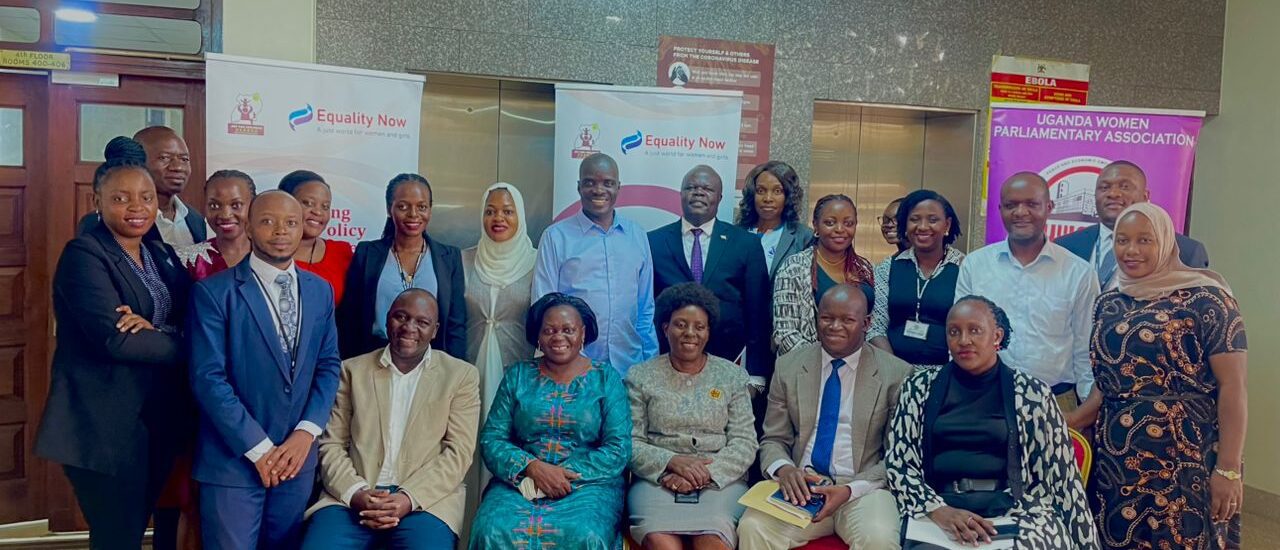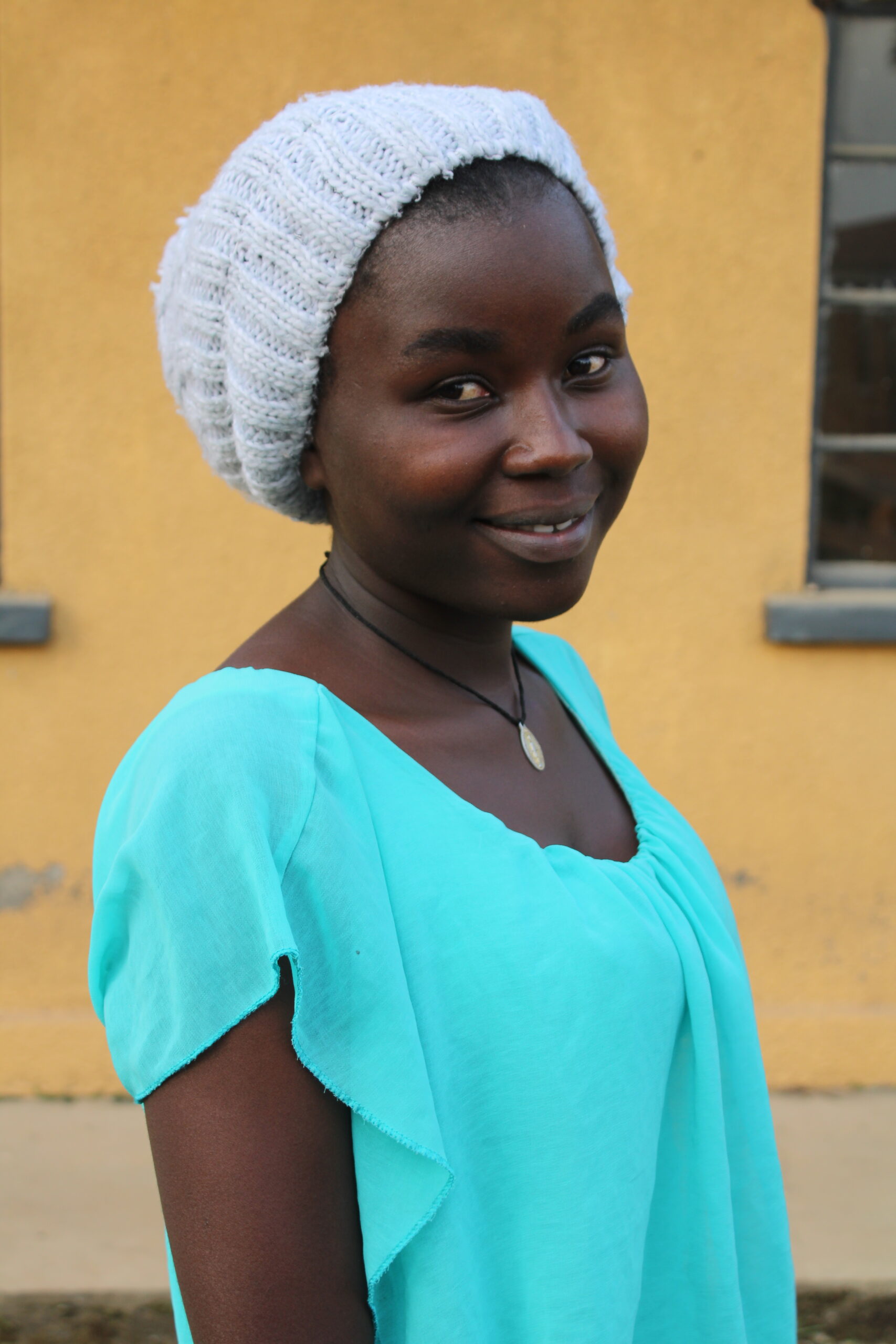On November 15, 2024, Joy for Children Uganda (JFCU) convened a critical dissemination meeting to unveil findings from a research study on the legal frameworks governing child marriage in Uganda. The event, held in collaboration with the Uganda Women Parliamentary Association (UWOPA), sought to highlight legal gaps and propose reforms to strengthen protections for children against early marriages.
Child marriage is a deep-rooted issue in Uganda, with approximately 34% of girls married before the age of 18 and 7% before 15. The prevalence varies across regions, peaking at 59% in northern Uganda. Drivers include poverty, harmful traditional practices, and societal norms that view girls as sources of wealth through dowry. This practice has devastating consequences, including higher risks of maternal death, sexually transmitted infections (STIs), and curtailed education opportunities for girls. The COVID-19 pandemic exacerbated the situation, with school closures leading to a 25% annual increase in child marriage cases, according to UNESCO projections.
The Legal Landscape and Persistent Challenges Uganda has made significant strides in establishing legal protections for children. The Constitution unequivocally sets the minimum marriage age at 18 and mandates free, informed consent for all marriages. However, challenges persist due to conflicting provisions in other legal frameworks, limited enforcement, and entrenched cultural practices that perpetuate child marriage.
For instance, the Customary Marriages Registration Act previously allowed girls as young as 16 to marry under customary law. Similarly, the Marriage and Divorce of Mohammedans Act and the Hindu Marriages and Divorce Act contained provisions permitting marriages based on religious or cultural practices, often involving minors. These laws created significant inconsistencies, as they conflicted with constitutional provisions protecting children’s rights and dignity.
The existing legislation, such as the Children Act, acknowledges child marriage as a form of abuse but falls short of explicitly defining it as a criminal offense. This lack of clear definitions and penalties hinders the enforcement of protections against child marriage, leaving victims vulnerable and perpetrators unaccountable.
The Aboneka Case: A Landmark Ruling
The Constitutional Court ruling in Michael Aboneka and Kirya Martins vs. Attorney General
(Constitutional Petition No. 35 of 2021) marked a turning point in the fight against child marriage in Uganda. The case challenged the constitutionality of provisions in various marriage laws that permitted marriages involving minors.
In its decision, the court declared these provisions unconstitutional, emphasizing the primacy of constitutional standards over cultural and religious practices. The ruling reinforced that:
- The minimum age for marriage in Uganda is 18 years, without exceptions for customary, religious, or cultural practices.
- Marriage must involve free and informed consent from both parties, upholding equality and
autonomy. - All legislative interventions must align with the Constitution to protect children’s rights.
This case set a precedent for harmonizing Uganda’s legal framework with constitutional mandates, providing a strong foundation for further reforms. However, implementing the standards established by the ruling requires significant legislative and institutional changes.
The research findings presented by JFCU highlighted several critical gaps in Uganda’s legal framework:
- Different laws prescribe varying penalties for offenses related to child marriage. For instance, the Prevention of Trafficking in Persons Act imposes severe punishments, while the Children Act provides lighter penalties, undermining deterrence.
- Despite the Constitutional Court ruling, deeply rooted cultural and religious practices continue to conflict with national legal standards, especially in rural areas.
- Child marriage is often treated as a form of sexual abuse rather than a distinct criminal offense, complicating prosecution and enforcement.
- Existing laws lack clear guidelines on the roles of stakeholders such as law enforcement, educators, and social workers in preventing and reporting child marriages.
Recommendations for Legal Reform
To address these gaps and strengthen protections against child marriage, JFCU proposed the following:
- Unified Marriage Legislation: Enact a comprehensive Marriage Bill consolidating all marriage related laws and setting the minimum marriage age at 18 without exceptions.
- Criminalization of Child Marriage: Define child marriage as a standalone criminal offense with stringent penalties for perpetrators.
- Harmonized Penalties: Ensure consistency in sanctions across all related laws to enhance deterrence and clarity.
- Enhanced Enforcement Mechanisms: Establish clear roles and responsibilities for stakeholders
in preventing and responding to child marriage cases. - Public Sensitization: Conduct nationwide awareness campaigns to challenge harmful cultural norms and promote the constitutional standards set by the Aboneka ruling.
Members of Parliament (MPs) were urged to play a proactive role in advancing these reforms. Besides their legislative duties, MPs have a critical oversight role in ensuring the implementation of child protection laws and allocating budgets to support enforcement mechanisms. UWOPA’s Chairperson Hon Sarah Opendi reaffirmed the association’s commitment to promoting gender-sensitive legislation and prioritizing issues affecting women and children.
The dissemination meeting underscored the urgency of legislative action to eliminate child marriage in Uganda. While the Aboneka case set a clear judicial standard, realizing its full impact requires collective efforts from policymakers, civil society, and community leaders.





